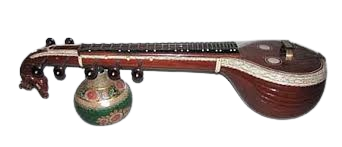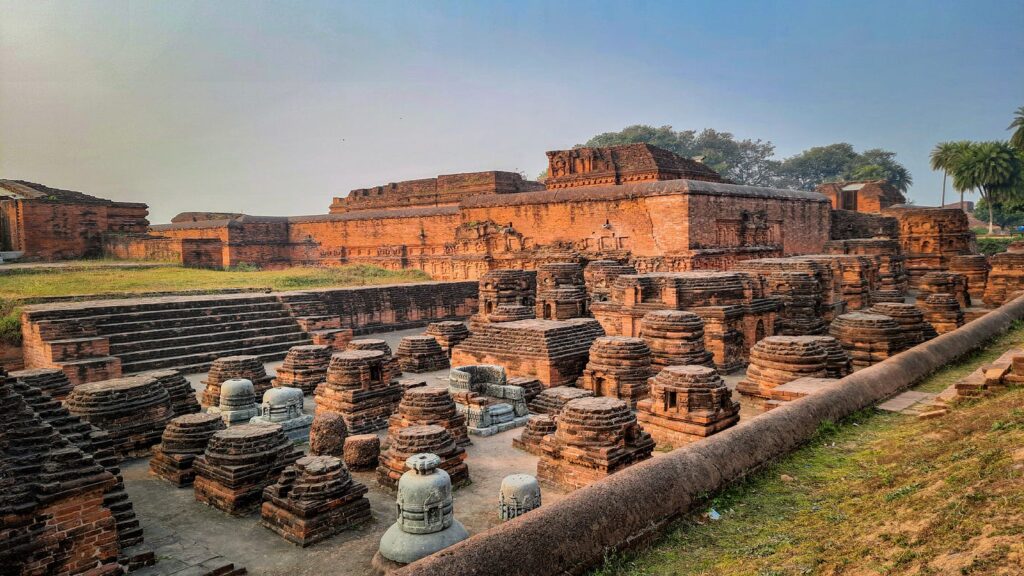Thanjavur Veena: The First Musical Instrument in India to Receive a GI Tag
This instrument, an ancient and revered musical instrument, holds a special place in the rich cultural tapestry of India. Known for its deep, resonant sound and intricate craftsmanship, the Thanjavur Veena became the first musical instrument in the country to be awarded the prestigious Geographical Indication (GI) tag. This recognition not only honors the instrument’s historical and cultural significance but also protects the unique tradition of Veena-making in the Thanjavur region of Tamil Nadu.
A Legacy of Musical Excellence
The Veena, a stringed instrument, has been an integral part of Indian classical music for centuries. The Veena, in particular, is distinguished by its exquisite design, superior tonal quality, and the skilled craftsmanship involved in its creation. Originating from the town of Thanjavur, a historic center of art and culture, this Veena is handcrafted using select wood and materials, ensuring each instrument is a work of art. The process of making a Thanjavur Veena involves meticulous attention to detail, from carving the body to stringing the instrument, making it a labor-intensive and time-honored tradition.
The Importance of the GI Tag
The Geographical Indication (GI) tag is a form of intellectual property protection that identifies goods as originating from a specific location, where their qualities, reputation, or characteristics are intrinsically linked to that location. The GI tag for the Thanjavur Veena is a recognition of the instrument’s unique qualities that are deeply rooted in the geographical and cultural environment of Thanjavur. This prestigious tag not only acknowledges the heritage of the Veena but also ensures that only authentic Thanjavur Veenas, made by traditional artisans in the region, can bear the name.
This protection is vital for preserving the traditional methods of Veena-making, safeguarding the livelihoods of the artisans, and preventing the commercialization of inferior imitations. The GI tag also enhances the global recognition of the Thanjavur Veena, promoting it as an instrument of high cultural and artistic value.
The Cultural Impact
The Thanjavur Veena is more than just a musical instrument; it is a symbol of India’s rich musical heritage and the craftsmanship that has been passed down through generations. The instrument is revered in Indian classical music, often associated with Saraswati, the Hindu goddess of knowledge, music, and the arts. Musicians and scholars alike celebrate the Thanjavur Veena for its divine sound, which is believed to invoke spiritual awakening and inner peace.
Receiving the GI tag has further solidified the Thanjavur Veena’s status as a cultural icon, inspiring a renewed interest in traditional Indian music and encouraging younger generations to take up this classical instrument. The recognition also brings attention to the need for continued support for the artisans who dedicate their lives to preserving this ancient craft.
Conclusion
The Thanjavur Veena’s distinction as the first musical instrument in India to receive a Geographical Indication (GI) tag is a testament to its historical significance, unparalleled craftsmanship, and enduring legacy in the world of music. This recognition not only protects the unique cultural heritage of Thanjavur but also ensures that the Thanjavur Veena continues to resonate with the sounds of tradition, artistry, and spirituality for generations to come.



